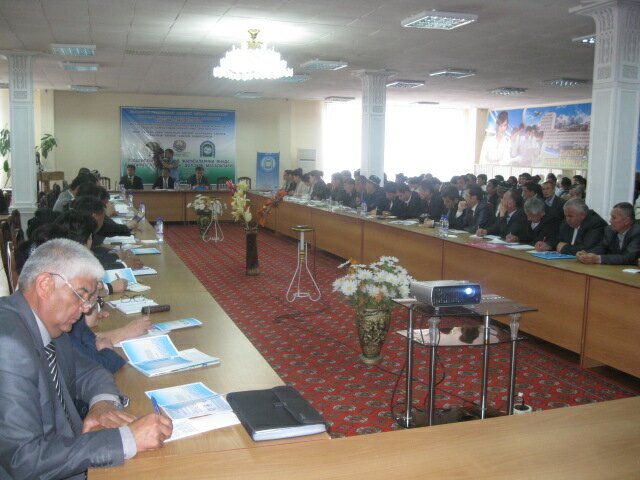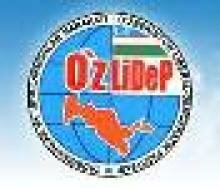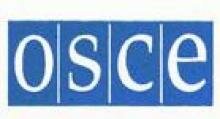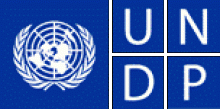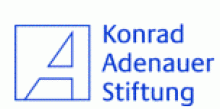Photos
Publications
National partners
International partners
TOWARDS IMPROVING PARLIAMENTARY CONTROL: EXPERIENCE OF UZBEKISTAN AND GERMANY
Independent Institute for monitoring the formation of civil society conducted systematic work to improve its expert potential. To reach this goal on 19 November 2015 was held event together with the Fund named after Friedrich Ebert Foundation (Germany) on the theme: "Actual issues of organization and implementation of parliamentary control: experience of Uzbekistan and Germany."
The seminar was attended by German expert, former presiding judge of the administrative court of Hamburg Gerd Wehling, deputies of the Legislative Chamber and the Senate of the Oliy Majlis, the deputies of the Tashkent regional and city councils of people's deputies, representatives of the Fund named after Friedrich Ebert Foundation, the Academy of Public Administration under the President of the Republic of Uzbekistan, Tashkent Law University, the media and members of the Institute.
In the workshop was discussed features of the development of parliamentary control in the light of constitutional reforms in 2011 and 2014., Law and practice of the parliamentary control in Germany, the forms and mechanisms of cooperation with the parliament of local Councils of People's Deputies, the media and other civil society institutions. Also, participants discussed proposals for further improving the effectiveness of parliamentary control and monitoring of the process, developed by experts of the Institute.
German expert Gerd Wehling praised the reform of parliamentary control, a broad public discussion of draft laws and other decisions in this area with the participation of the deputies, and wished to further continue this practice. On the example of Germany, he informed the participants with the practice of parliamentary investigations, inquiries and directions deputies use other forms of parliamentary control. He noted the importance of the separation of powers in the light of limited interference in the activities of the executive power and the effective participation of the opposition.
Experts’ estimates show that Uzbekistan has achieved great success in the implementation of parliamentary control. Along with the issues of strengthening success were reviewed and prospects for further improvement of parliamentary control. In particular, they discussed issues of broader public awareness, improve the effectiveness of expert advice in the parliamentary committees, the active use of other forms of participation of citizens and civil society in the implementation of parliamentary control and develop recommendations.
Information service of IIMFCS



